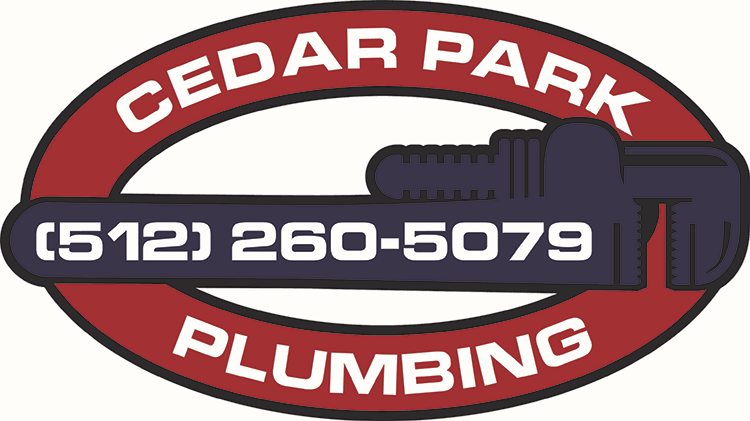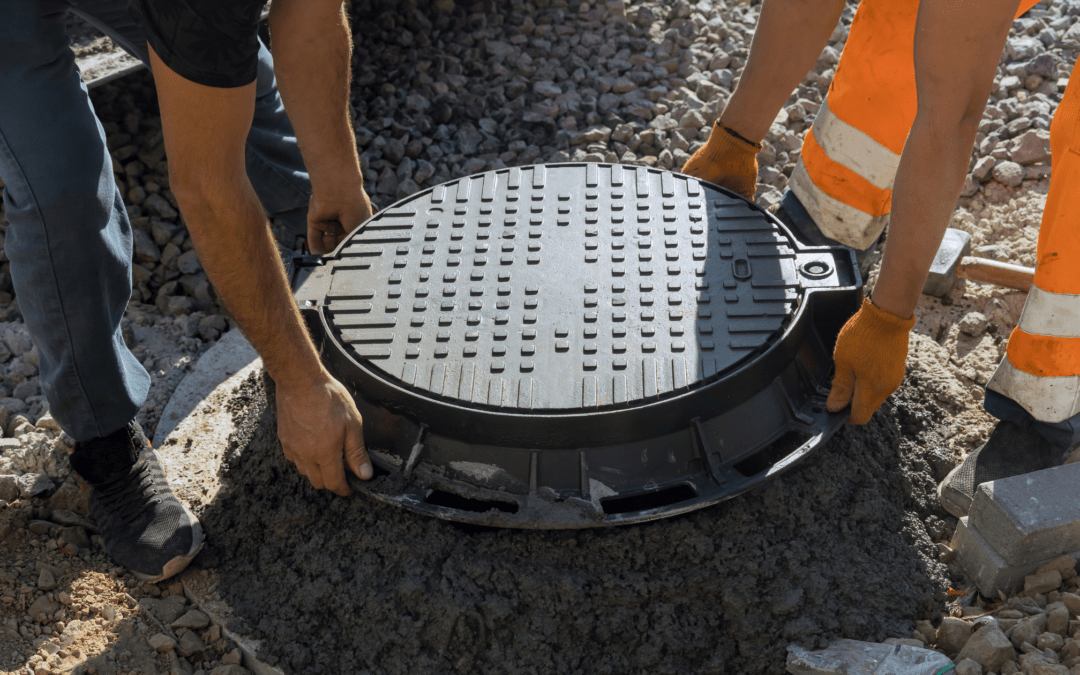If you’re a homeowner with a septic system, you know how important it is to keep it properly maintained. Neglecting your septic system can lead to costly repairs and potential health hazards. In this blog post, we’ll cover some essential maintenance tips to keep your septic system running smoothly, as well as common problems that may arise.
Regular Pumping
One of the most crucial maintenance tasks for your septic system is regular pumping. Over time, solid waste builds up in the tank and can cause blockages or backups if not pumped out regularly. It’s recommended to have your septic tank pumped every 3-5 years, depending on the size of your household and usage.
Watch What You Flush
To prevent clogs and damage to your septic system, it’s essential to be mindful of what you flush down the toilet or drain. Avoid flushing items like paper towels, feminine hygiene products, grease, or chemicals down the drain, as these can disrupt the balance of bacteria in the tank and cause issues.
Maintain Drainfield Health
The drainfield plays a crucial role in the proper functioning of your septic system by filtering wastewater before it enters the groundwater. To maintain the health of your drainfield, avoid parking cars or heavy machinery on top of it, planting trees too close to it, or overloading it with excess water from activities like laundry or showers.
Signs of Trouble
It’s essential to be aware of signs that indicate potential problems with your septic system. Some common red flags include slow drains, foul odors near the tank or drainfield area, gurgling noises coming from drains, or sewage backups in toilets or sinks. If you notice any of these signs, it’s crucial to call a professional plumber immediately for an inspection.
Common Problems
Some common issues that may arise with septic systems include blockages caused by tree roots infiltrating pipes, leaks in the tank or plumbing connections, or a full tank causing backups into your home. Addressing these problems promptly can prevent further damage and costly repairs down the line.
Conclusion
Proper maintenance of your septic system is vital for its longevity and functionality. By following these tips and being proactive about addressing any issues that arise promptly, you can avoid costly repairs and ensure that your septic system continues to operate efficiently for years to come. Remember that regular pumping, watching what you flush down drains, maintaining drainfield health, being aware of signs of trouble are all key components of keeping your septic system running smoothly. If you suspect any issues with your septic system don’t hesitate to contact a professional plumber for assistance!

